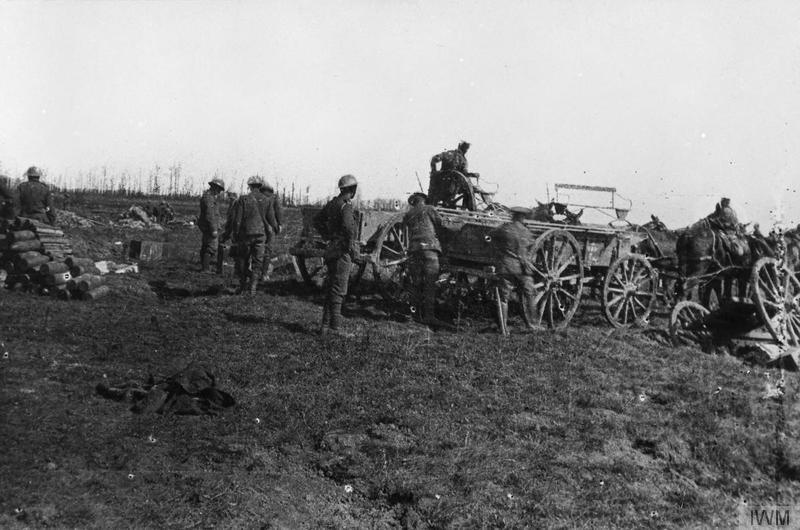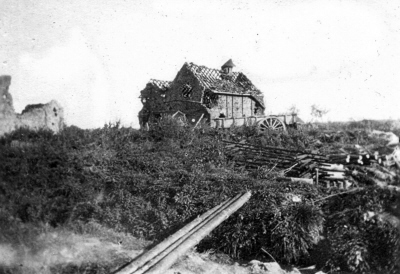George Claude Rivers
George Rivers, often known to his friends as Charlie, joined Rigaud’s house as a day pupil in 1899, becoming a boarder in the spring, 1902. He played Cricket for his house and for a Town Boy team but with limited success as a batsman, scoring few runs and often being bowled out quickly. He also enjoyed gymnastics, but is described in The Elizabethan as ‘careful but lacks strength’. Nevertheless, he earned half pinks during his final year at the school.
After leaving the school he went to work in Burma. He must have returned to London by 1913 as he married Miss Elsie Margaret Pickthall on 1st November and soon after the couple had a daughter. Once war was declared as he joined the Inns of Court O.T.C. and then took a commission as 2nd Lieut, 9th (Service) Batt. the East Surrey Regiment just before Christmas 1914. He was a ‘Grenade Officer’ — in charge of the bomb throwers within his battalion.
Rivers went out to the western front on 30th August 1915. Just under a year later his regimental history tells us his battalion was:
‘ordered up to the Briqueterie, near Montauban, in support of the 73rd Infantry Brigade, who, together with the 17th Brigade, attacked and captured the western outskirts of Guillemont. On the 21st the Battalion, together with the 8th Battn. the “Queen’s”, moved up in the new front line, the “Queen’s” occupying the trench just west of the quarry in Guillemont, whilst the Battalion held the trenches in the rear of the “Queen’s”.’
Rivers was killed in heavy shelling on the part of the enemy near Trones Wood during 21st August 1916, along with three other men from the regiment.

